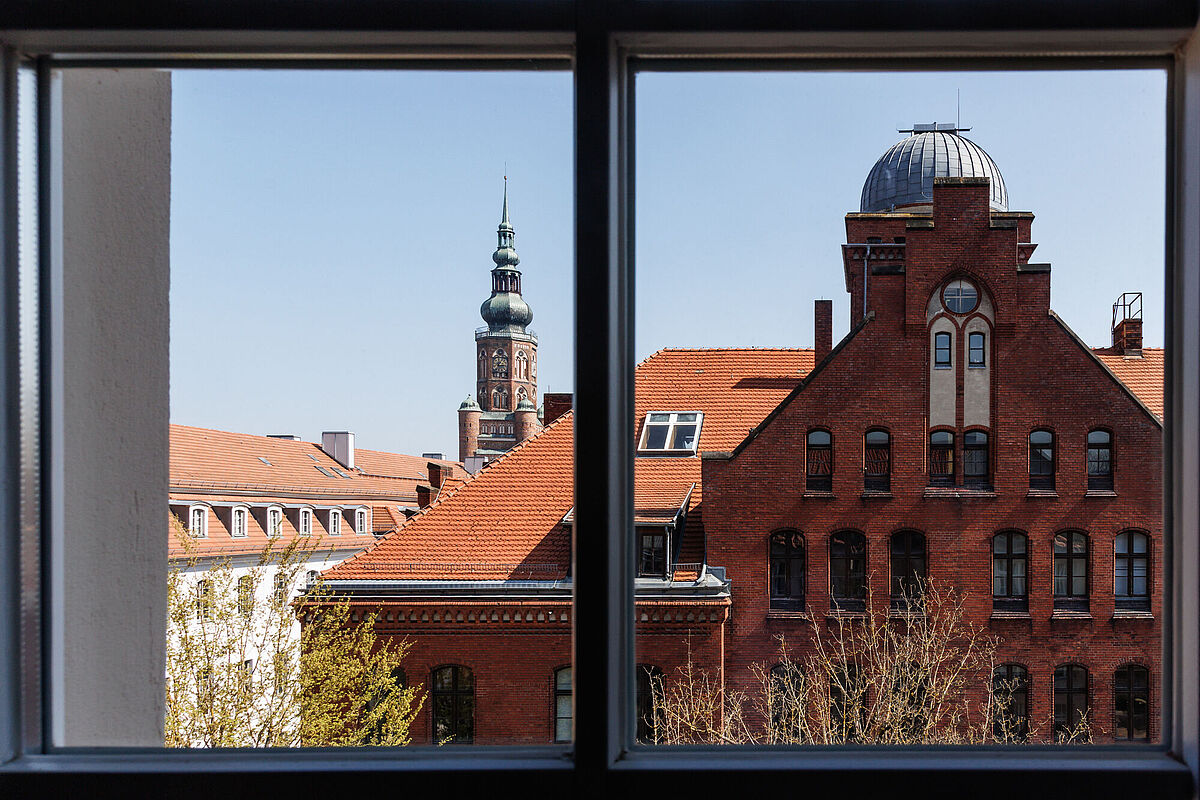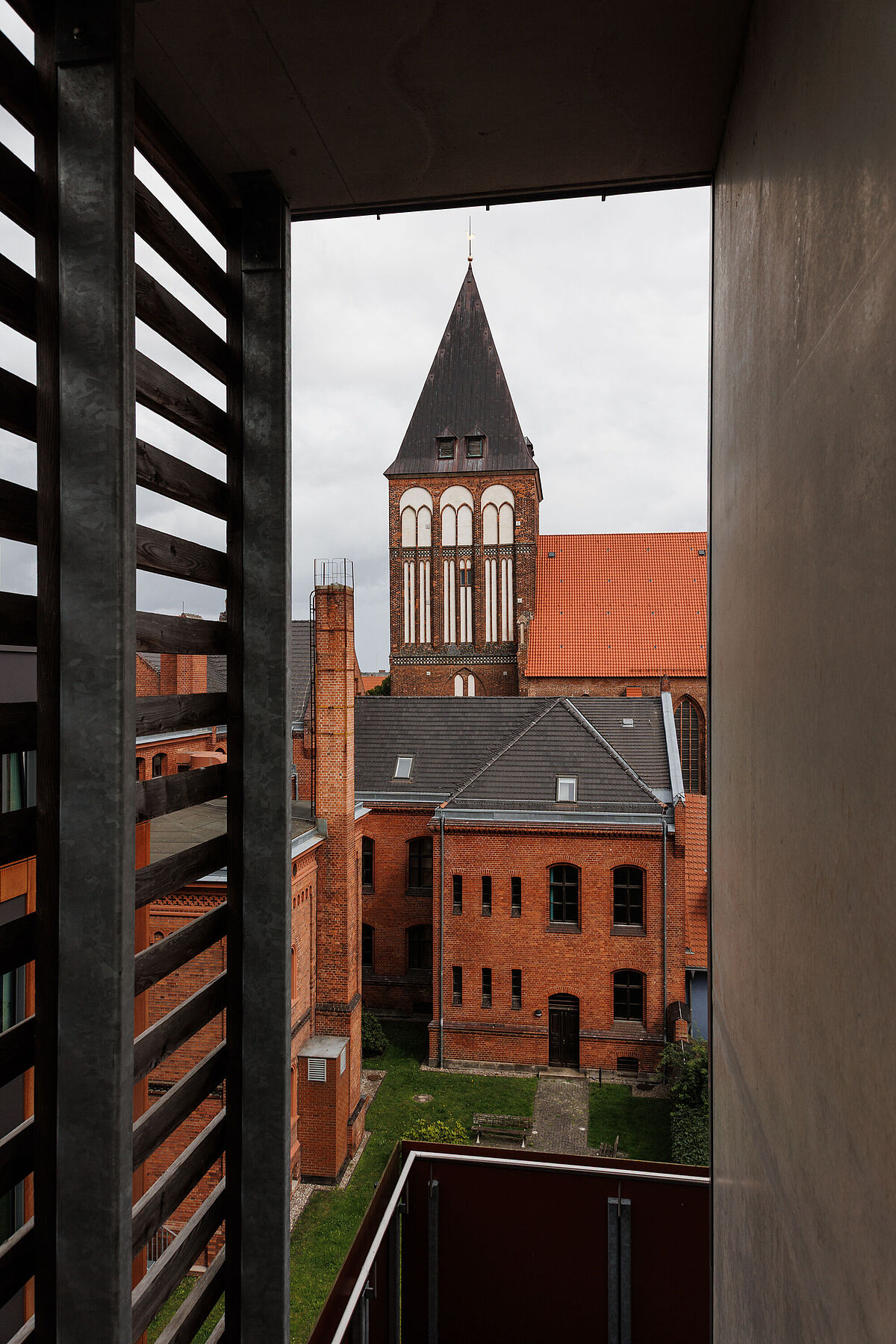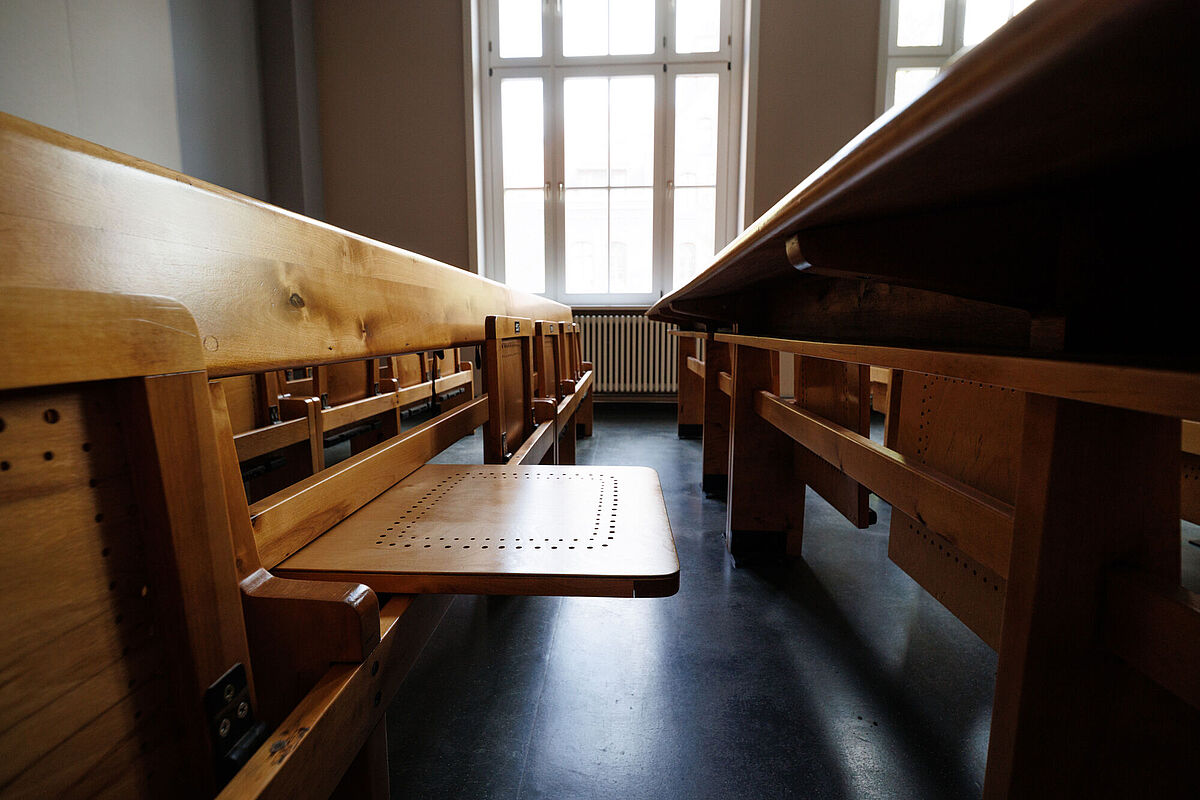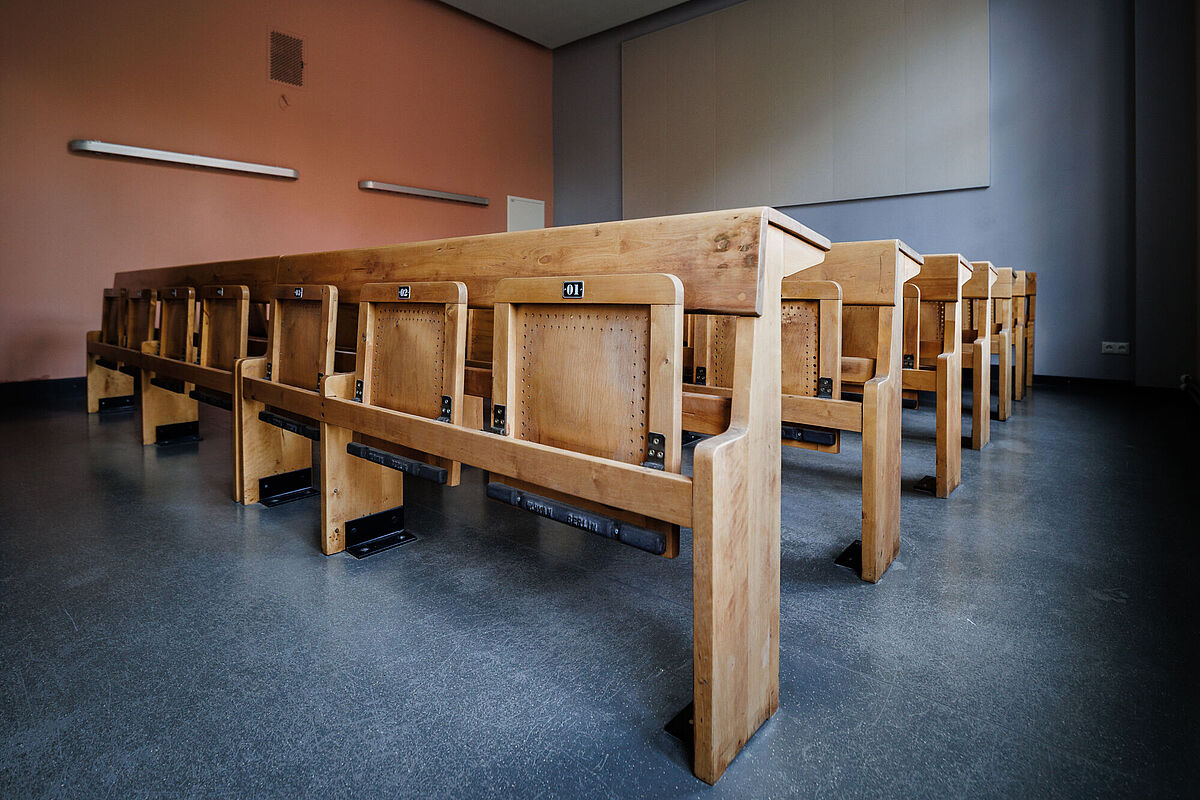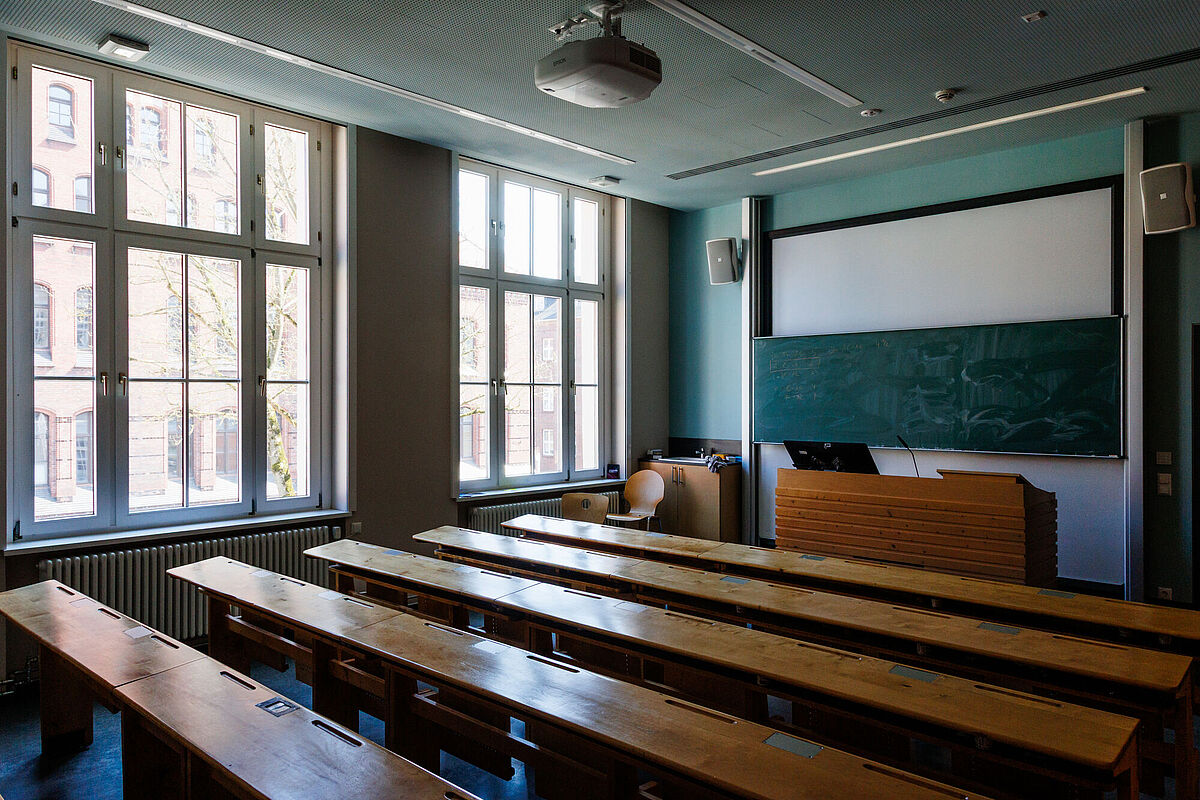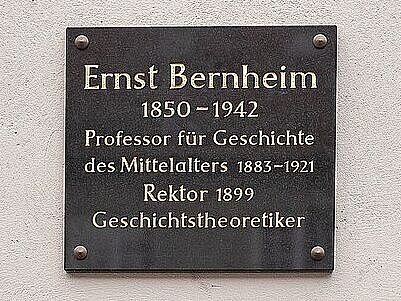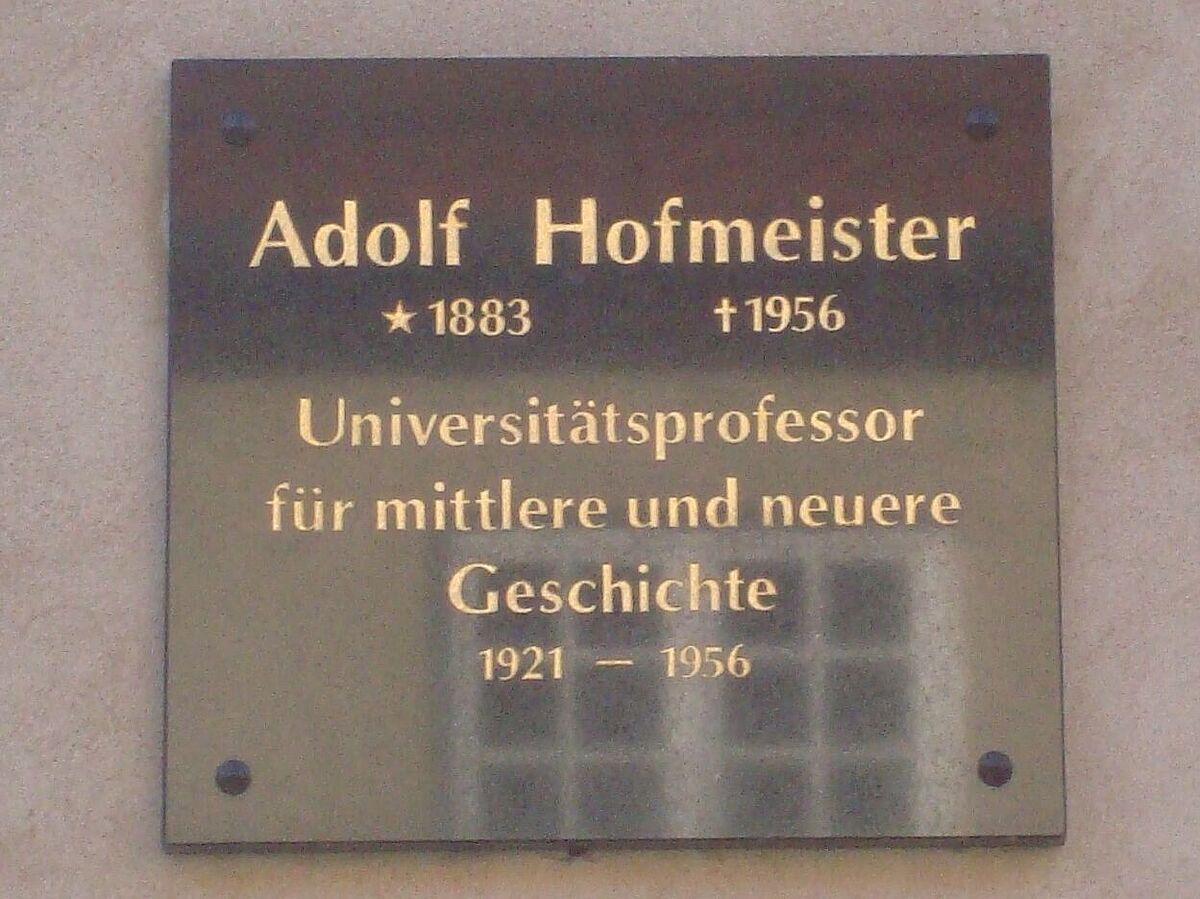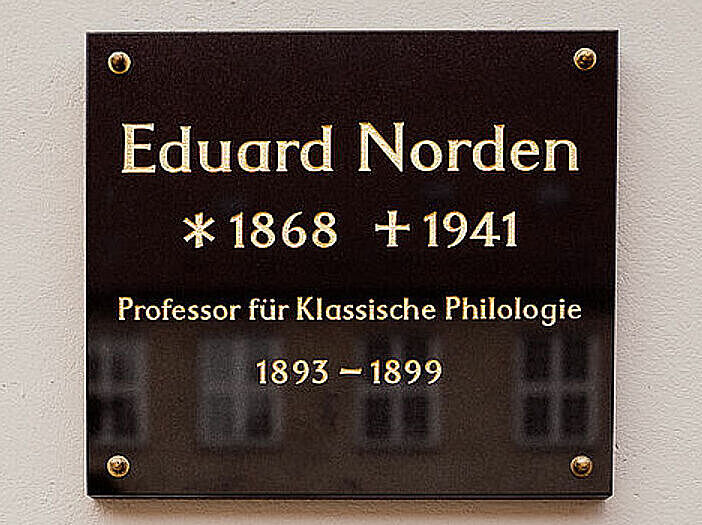Department of History
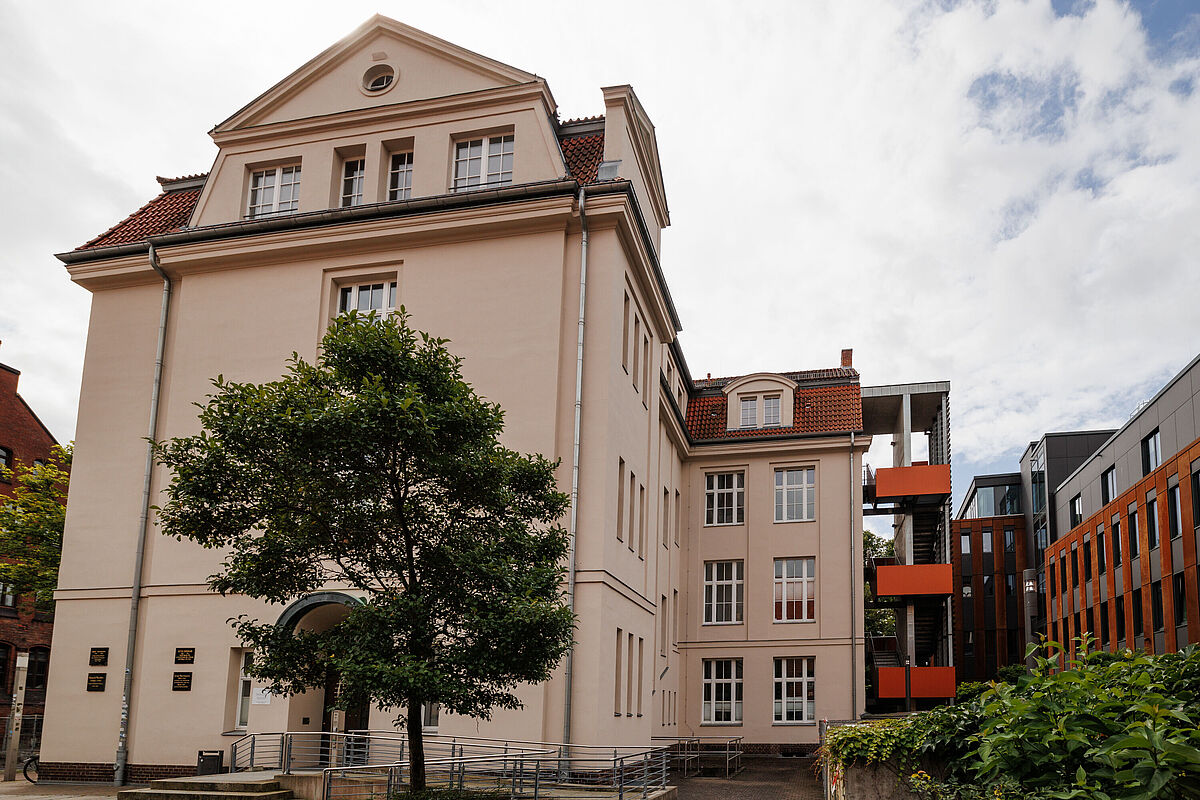
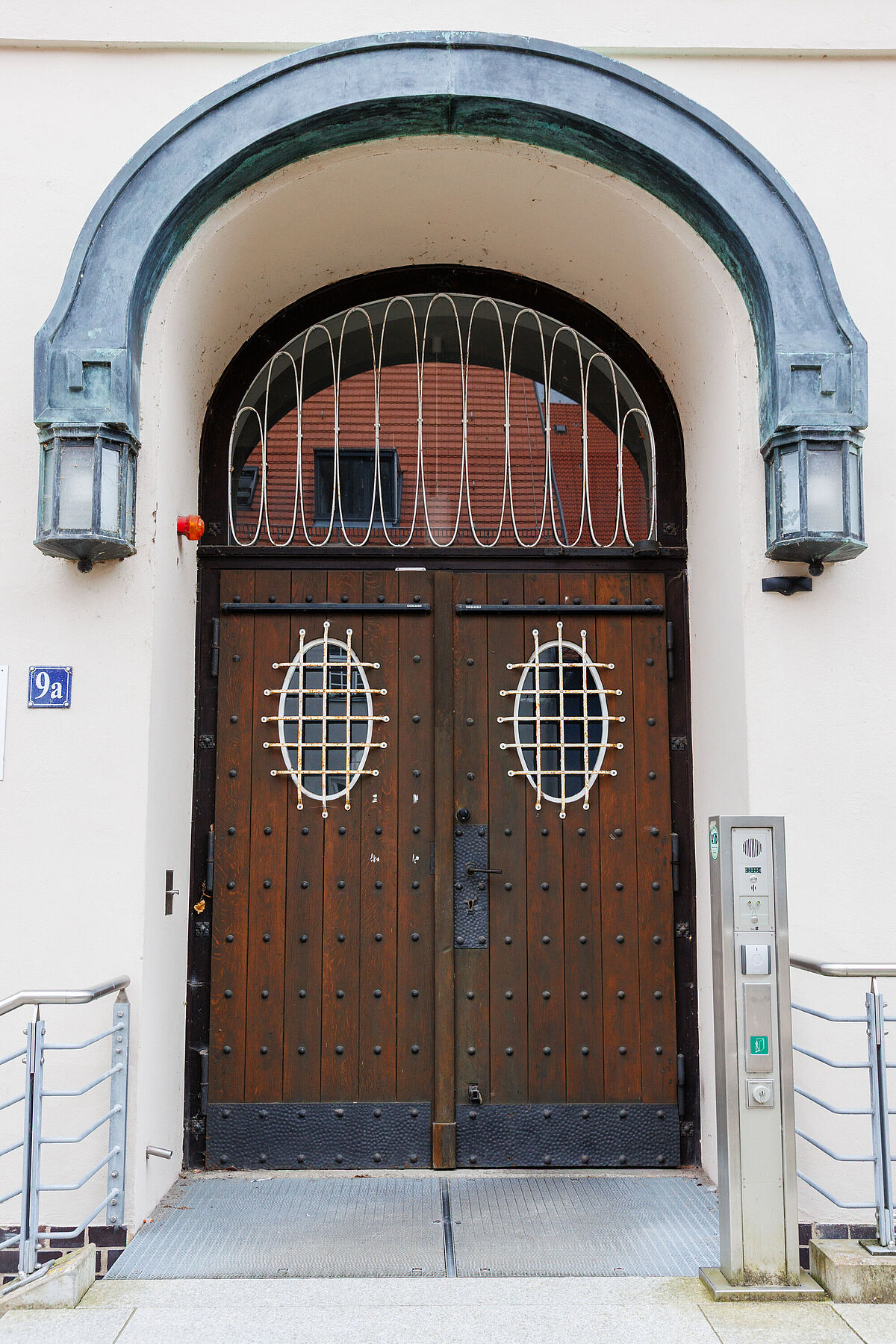
Founded in 1863, the Department of History was the first in Prussia and the fourth in Germany, making it one of the oldest institutions of its kind in Germany. Highly respected national and international academics have researched and taught here and laid the foundations for the department’s current profile.
In winter semester 2024/25, 579 students were enrolled on history degree courses in Greifswald. Characterised by research projects with international links, excellent teaching and intensive supervision of students, Greifswald’s Department of History is an excellent place to complete a bachelor's or master's degree in Historical Studies, or the Staatsexamen (State Examination).
Six professorial chairs represent various historical epochs, the history of knowledge, the transnational history and the Eastern-European history. In addition to classes on ancient history, the Department provides lectures, seminars and colloquia that focus on medieval history, early modern history, modern history including contemporary history, as well as transnational history and Eastern-European history. The Department also trains future history teachers and the subjects Ancient Greek and Latin are affiliated to the Department of History.
The Research Training Group (RTG) "Contact Zone Mare Balticum: Foreignness and Integration in the Baltic Region" (2000-2009), the first Research Training Group in the humanities in Mecklenburg-Vorpommern, and the International Research Training Group "Baltic Borderlands: Shifting Boundaries of Mind and Culture in the Borderlands of the Baltic Sea Region" (2010-2019) were successful DFG grants that arose from the Department of History . Since 2021, the Department has been contributing towards the International Research Training Group 2560 "Baltic Peripeties" (Baltic Peripeties: Reformations, Revolutions, Catastrophes), a joint research programme being run by three universities in the Baltic Sea region - Greifswald, Tartu and Trondheim. At the IRTG, doctoral students and professors are researching the narrative constructions of the Baltic Sea region in a cross-disciplinary environment and with a focus on the concept of "peripeties".
Researchers from the Department of History work in a cross-disciplinary manner with the various subject areas that belong to the humanities, social sciences, natural sciences, theology and medicine on the IFZO joint research project “Fragmented Transformations. Perceptions, Constructions, Constitutions of a Region in Transition”. The Interdisciplinary Centre for Baltic Sea Region Research (IFZO) is a central institution at the University of Greifswald and bundles all research activities on the Baltic Sea region, providing support, research and transfer structures for innovative research questions and collaborative projects in all subject areas. The IFZO represents the university's research domain "Baltic Sea region".
Greifswald’s Epigraphical Research Team was affiliated to the University of Greifswald in 2002 by the Göttingen Academy of Sciences and Humanities in cooperation with the state of Mecklenburg-Vorpommern. Its goal is to record and publish historical inscriptions in the towns and districts along the Baltic coast up to 1650.
The Department maintains good relations with many universities abroad, such as Szczecin, Gdańsk, Vilnius, Riga, Tartu, Helsinki, Stockholm, Lund, Copenhagen, Bergen and the University of California in Santa Barbara, to name but a few. The Department strongly encourages its students to take part in periods of stay abroad. Close collaboration with archives, museums, memorial centres and schools in Mecklenburg-Vorpommern enables practical training.
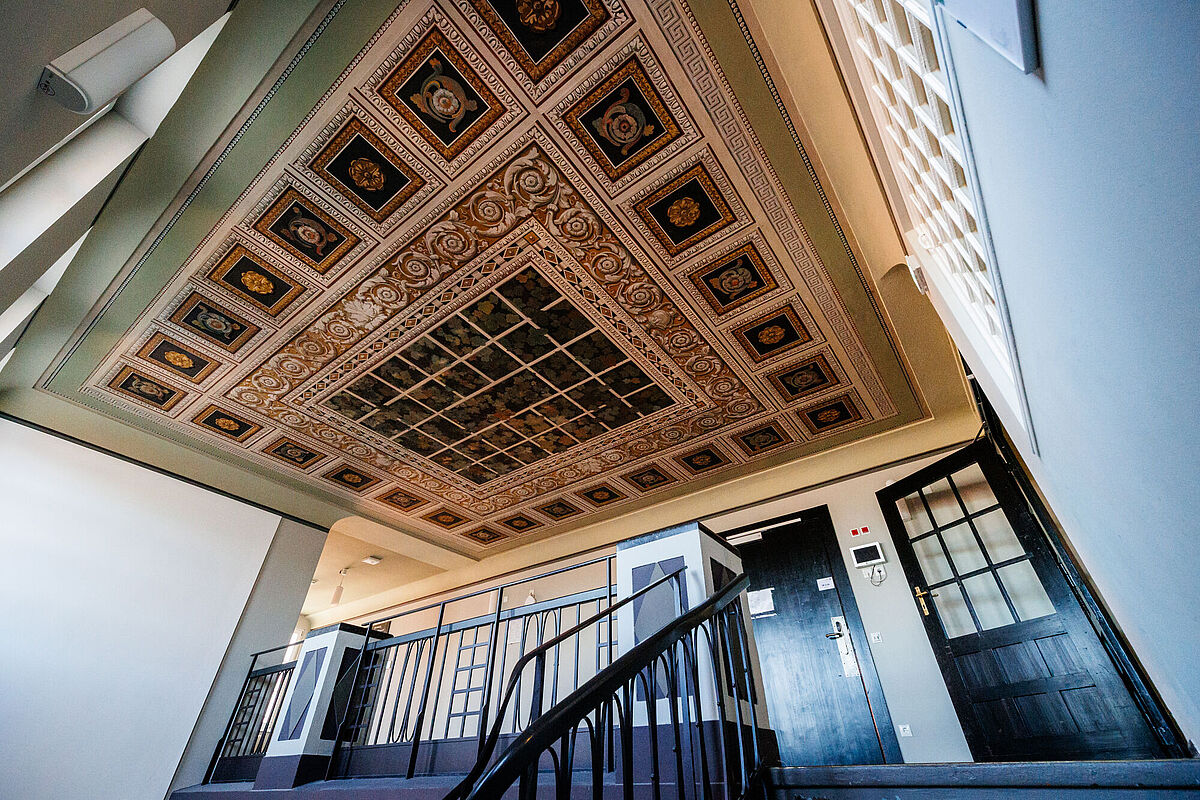
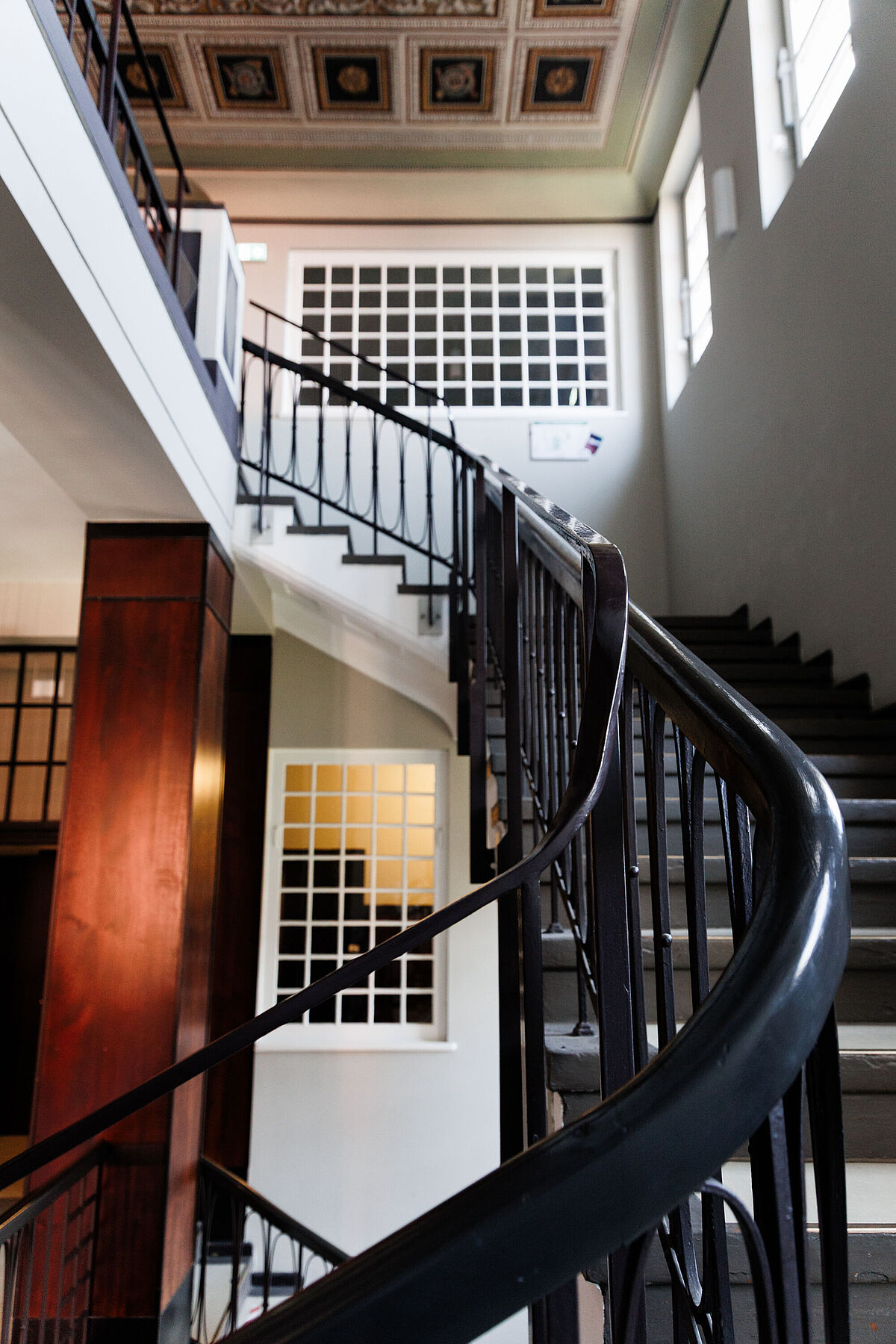
Completed in 1911, the department building at Domstraße 9a (see picture) was built under the coordinated direction of the regional building director Ernst Lucht and is characterised by an elegant mixture of simple modernism on the one hand and neo-baroque and neo-classical elements on the other. After several large pieces of plaster fell off and significant cracks appeared in the outer wall, the building was inspected in 2010. For safety reasons, the building was closed completely in the same year. In July 2015, the Mecklenburg-Vorpommern Building and Real Estate Authority began renovating the listed building. Certain features were retained, for example, the old seating in the lecture hall was refurbished and the historical colour concept was kept. The ceiling painting above the staircase is a surprising eye-catcher. New features include a lift and a ramp in front of the entrance area, making the building fully accessible. Kitchens and completely new sanitary facilities were also added. A fire escape was also built as a second escape route. The building was handed over to the university in June 2017 and the staff at the Department of History began to move from Bahnhofstraße 51 and Rubenowstraße 2 in mid-July.
All chairs and work areas of the Department of History moved to Domstraße 9a by winter semester 2023/2024. There are also two lecture halls and three seminar rooms in the building.
The Departmental Library on the Loefflerstraße Campus houses the current collection of books and journals for all fields of study in the humanities and theology.

